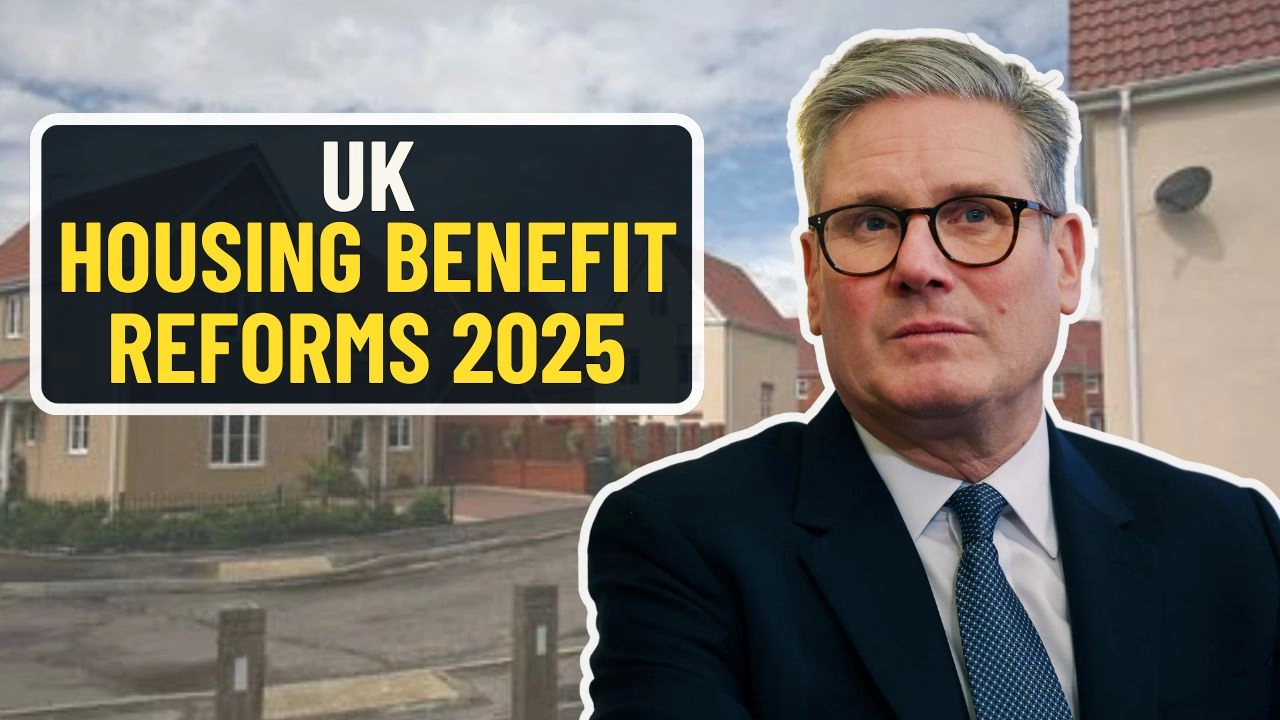In 2025, the United Kingdom is set to introduce significant updates to the Housing Benefit scheme. These changes aim to support low-income individuals, pensioners, and those in supported housing by ensuring they can continue to afford their rent. Despite the ongoing transition to Universal Credit, which has replaced Housing Benefit for most new working-age applicants, specific groups will still be eligible under legacy regulations. Beginning in April 2025, the government will adjust eligibility requirements and payment amounts to align with current economic conditions.
Housing Benefit’s Enduring Relevance in Social Welfare
Housing Benefit continues to serve as an essential financial support for specific demographic groups despite comprehensive welfare system reforms. It remains available to individuals who have reached State Pension age, residents in supported or sheltered housing, and those receiving certain legacy benefits. This assistance extends to tenants living in council housing, housing association properties, and, in particular cases, those renting from private landlords. The scheme plays a crucial role in preventing homelessness and providing stability for vulnerable populations.
Adjusted Eligibility Criteria Starting April 2025

Starting from April 2025, the eligibility criteria for Housing Benefit will be revised. To qualify, applicants must either be at or above the State Pension age or reside in supported housing. They must also have savings below the threshold of £16,000 unless they qualify for Pension Credit. Additionally, eligibility is reserved for individuals directly responsible for paying rent and not claiming Universal Credit, except in cases where transitional provisions under legacy benefit rules apply. These updates are designed to streamline the support process while ensuring that aid reaches those most in need.
Addressing Inflation with Enhanced Payment Rates
In response to ongoing inflation, the UK government will increase Housing Benefit rates by 1.7 percent, effective from April 2025. This adjustment is based on the Consumer Price Index (CPI) recorded in September 2024. The increase will apply to personal allowances and specific premiums linked to the benefit. For instance, a single person aged 25 or older will experience an increase in their weekly personal allowance from £90.50 to £92.05. Similarly, a couple where one or both are aged 18 or above will now receive £144.65 per week, an increase from the previous rate of £142.25.
Revised Premiums to Meet Diverse Needs
Alongside basic allowances, several important premiums are also set to rise. The family premium will increase to £19.48 weekly, while disability premiums for single claimants and couples will increase to £43.20 and £61.65, respectively. Furthermore, enhanced disability premiums, severe disability premiums, and carer premiums will also see moderate increases. These revisions reflect the government’s commitment to maintaining adequate support levels amid rising living expenses.
Local Housing Allowance Rates to Remain Unchanged
Despite the upward adjustments to Housing Benefit, the Local Housing Allowance (LHA) rates will remain frozen for the upcoming financial year. These rates, crucial for determining benefit amounts for private renters, vary according to location. In high-rent areas, tenants may need to contribute out-of-pocket to cover rent shortfalls. The decision to freeze LHA rates aims to balance fiscal responsibility while maintaining fundamental support.
Simplified Application Process for Claimants
Prospective applicants are encouraged to verify their eligibility on the official government website or through their local authority. Necessary documents include proof of income, rent agreements, identification, National Insurance numbers, and details of any savings. Applications can be submitted online, by post, or in person, with an expected processing time of two to six weeks. Upon approval, payments may be made directly to the claimant or the landlord, depending on the arrangement.
Policy Changes Beyond Housing Benefit
April 2025 will mark the cessation of all Tax Credit payments as recipients move to Universal Credit. Additionally, the government is evaluating reforms to disability benefits, which may influence related components within Housing Benefit. It is crucial for current and potential beneficiaries to stay updated on these developments to understand how their support might be affected.
Exploring Supplementary Support Options
In cases where Housing Benefit does not fully cover rent, additional assistance may be available through local councils. Discretionary housing payments can address shortfalls, while Council Tax Support may offer relief on local taxes. Those not eligible for Housing Benefit might still receive housing cost support via Universal Credit. Being informed of these alternatives can help households manage their housing expenses during economic fluctuations.
The updates to the Housing Benefit scheme reflect the UK government’s response to economic challenges and evolving social needs. By revising eligibility criteria and increasing support payments, the government aims to provide continued assistance to those most vulnerable to housing instability. Staying informed about these changes is crucial for both current beneficiaries and new applicants to ensure they receive the support they are entitled to.

